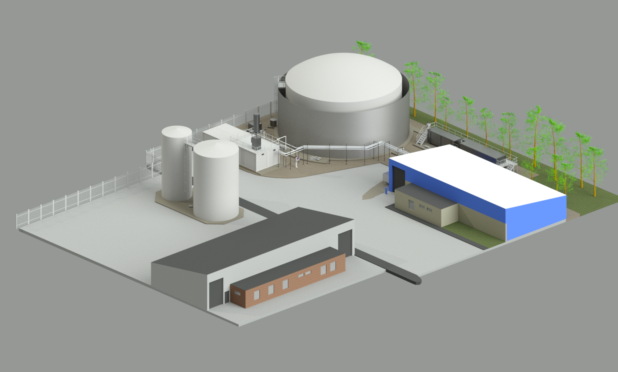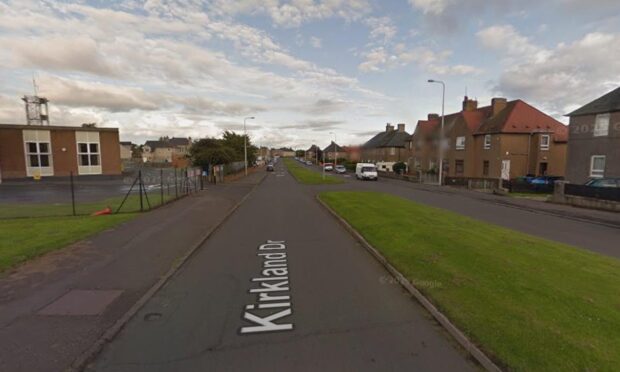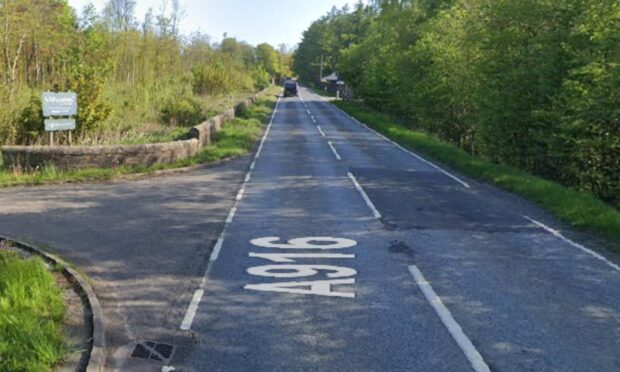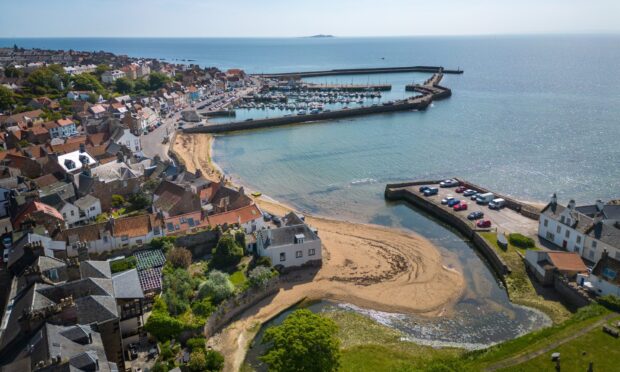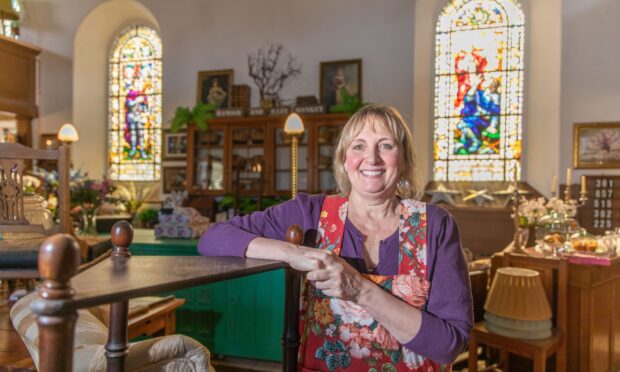A low carbon heat installation proposed for a Fife dairy would be a first for the industry in Scotland, according to the operator.
Graham’s The Family Dairy plan to build a bioenergy plant which would use whey from its cheese production to generate and distribute heat and power to its facility in Cowdenbeath.
It has applied to Fife Council for planning permission for the zero carbon development in Glenfield Industrial Estate, which it said would put it at the forefront of innovative decarbonisation solutions for the food and drink sector.
Robert Graham, managing director, said: “Building a sustainable environment for our next generation is incredibly important to our family.
“We are actively working to achieve net zero carbon across every area of our business.”
The proposal is part of the flagship Low Carbon Innovation Transition Programme (LCITP) for Heat and Industry and was awarded a grant in 2020 for its delivery, alongside a skills development and information exchange.
It is hoped it will be complete by spring.
The effluent treatment plant would use whey, a waste residue from cheese-making, to produce heat and energy for distribution through a closed pipe network.
It would deliver 80% of the site’s baseload electricity and half of its peak electric load and boiler gas supply.
The firm also said it would result in a 20% reduction in HGV traffic to and from the site.
Mr Graham said: “The dairy sector has the potential to lead in the transition to a net zero carbon economy, particularly within the areas of heat and transport.
“Our plans for the Glenfield dairy in Cowdenbeath will mark a step change in investment within the dairy sector in zero carbon innovation, infrastructure and skills development to accelerate climate adaptation within industry.
“This builds on our recent investment in a 15 MW solar park on our farmland in the Carse of Stirling as we move our business, at speed and scale, to decarbonise.”
The dairy also said extensive environmental analysis had been undertaken to determine the design, layout and mitigation measures for the project.
Among the assessments conducted to avoid impact on public health or neighbouring amenity, it said, were air quality, landscape, ecology and noise impact.
The diary has been the subject of complaints from neighbouring residents about noise from its generators and noise abatement orders were served by Fife Council, which it contested.
All elements of the plant, apart from the combined heat and power (CHP), chiller unit and heat network would be located on the north part of the site.
